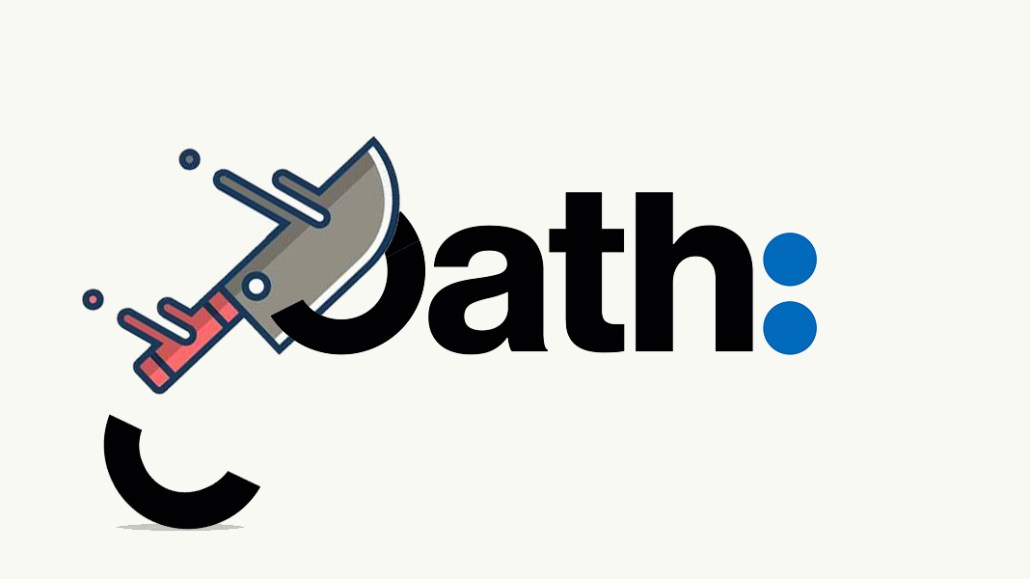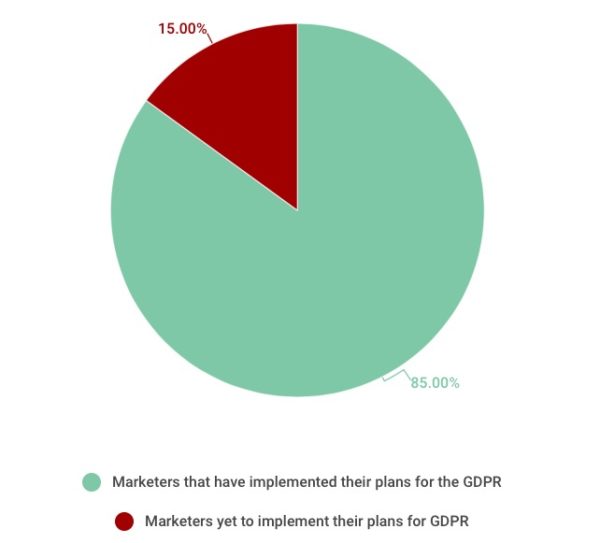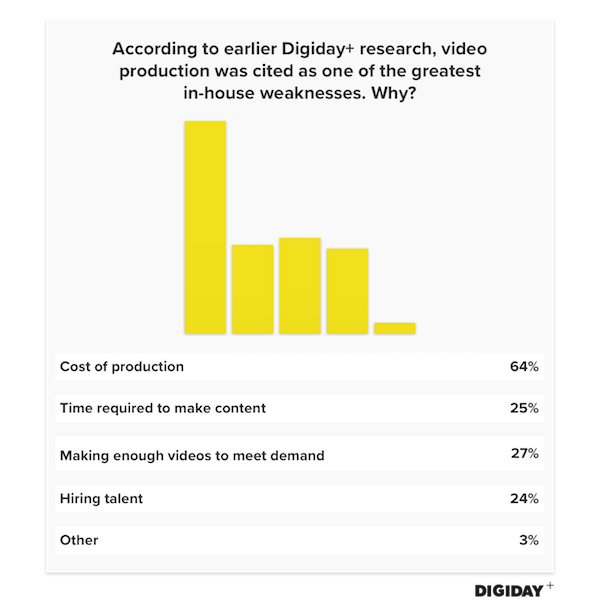Secure your place at the Digiday Media Buying Summit in Nashville, March 2-4
5 things to know from this week: Oath’s layoffs, Colin Kaepernick’s absence from brand campaigns and more

This week’s things to know include Oath’s latest layoffs, Colin Kaepernick’s lack of major brand suitors and more.
Oath undergoes more cuts
Oath, the subsidiary Verizon created to house Yahoo and AOL, kicked off a brutal day in digital media by laying off up to 560 people — slightly less than 4 percent of its global workforce — on Oct. 16. The cuts weren’t concentrated in specific brands or locations, but staffers from Yahoo Finance in the U.K. were among those affected.
Oath previously let go 2,100 people — about 15 percent of its employees — after Verizon’s acquisition of Yahoo was completed in June.
Why big brands aren’t working with Colin Kaepernick
Former San Francisco 49ers quarterback Colin Kaepernick landed on the cover of GQ’s “Men of the Year” issue. But since Kaepernick — who has nearly 5 million followers across Facebook, Instagram and Twitter — knelt during the national anthem at NFL games in 2016 to protest police brutality and racism, he hasn’t appeared in campaigns or partnerships for major brands.
Potential reasons why Kaepernick isn’t teaming up with big brands:
- His actions divided audiences. “You are either with his belief system or not,” said Scott Davis, chief growth officer at brand and marketing consultancy Prophet.
- Brands could seem like they’re commercializing police brutality.
- Kaepernick doesn’t want to. As he put it when he started kneeling: “If they take football away, my endorsements from me, I know that I stood up for what is right.”
Kaepernick’s absence from such deals could be a good thing, though. “His followers see him as being purely motivated,” said Thomas Ordahl, chief strategy officer at brand consulting firm Landor. “To suddenly monetize on that could backfire. It could look like he’s gaming it all.”
The industry gets ready for GDPR enforcement
Companies are scrambling to prepare for the General Data Protection Regulation’s enforcement in May.
Because many areas of the law can still be widely interpreted, some publishers feel like they can’t develop concrete plans to ensure compliance. What they’ve worked on so far:
- Appointing chief privacy officers
- Figuring out messaging to inform users about consent
- Whiteboarding different technology infrastructures and digital offerings for people who don’t consent for their data to be used
Meanwhile, 85 percent of marketers have implemented their plans for the GDPR, according to a Data & Marketing Association survey.

How agencies discourage women from publicly reporting harassment
To date, no high-level executives at ad agencies have been swept up in harassment allegations in the wake of the Harvey Weinstein revelations. Digiday spoke to more than a dozen women in the advertising industry who all allege harassment, but none would go on the record about their experiences.
Certain factors in agencies appear to make harassment likely and keep known harassers in their jobs — and to some extent, protect them:
- Power imbalances: “I’ve always been submissive and subservient to my male boss,” a female exec said.
- Abundant alcohol: “When something bad happens because we’re in a place where we were drinking, it’s explained away by, ‘Oh, it was the tequila talking,’” another woman said.
- Tolerance of assholes: “These people have cults of personality that makes them entitled,” said a different female exec.
The Trade Desk implements ads.txt
Demand-side platform The Trade Desk has joined Google’s DSP in using ads.txt — a text file publishers put on their web servers that lists their authorized inventory sellers — to block unauthorized vendors from selling impressions.
The impact:
- Now that two major DSPs have adopted ads.txt, others will feel pressured to follow suit. “The DSPs that are [adopting ads.txt] are in a good place to steal market share from the platforms that are not,” said Michael Santee, programmatic media director at ad agency Cramer-Krasselt.
- Publishers could be motivated to correct misspellings of their supply-side platforms in their ads.txt files to avoid losing out on demand for their inventory.
Dan de Sybel, CTO of programmatic agency Infectious Media, characterized the move as the “watershed moment for ads.txt.”
Bonus stat
Digiday surveyed publishers at the Digiday Video Anywhere Summit about why they find video production difficult, and 64 percent of them said cost was a factor. Subscribe to Digiday+ risk-free for your first 30 days to get more research like this.

More in Media

Media Briefing: Turning scraped content into paid assets — Amazon and Microsoft build AI marketplaces
Amazon plans an AI content marketplace to join Microsoft’s efforts and pay publishers — but it relies on AI com stop scraping for free.

Overheard at the Digiday AI Marketing Strategies event
Marketers, brands, and tech companies chat in-person at Digiday’s AI Marketing Strategies event about internal friction, how best to use AI tools, and more.

Digiday+ Research: Dow Jones, Business Insider and other publishers on AI-driven search
This report explores how publishers are navigating search as AI reshapes how people access information and how publishers monetize content.





